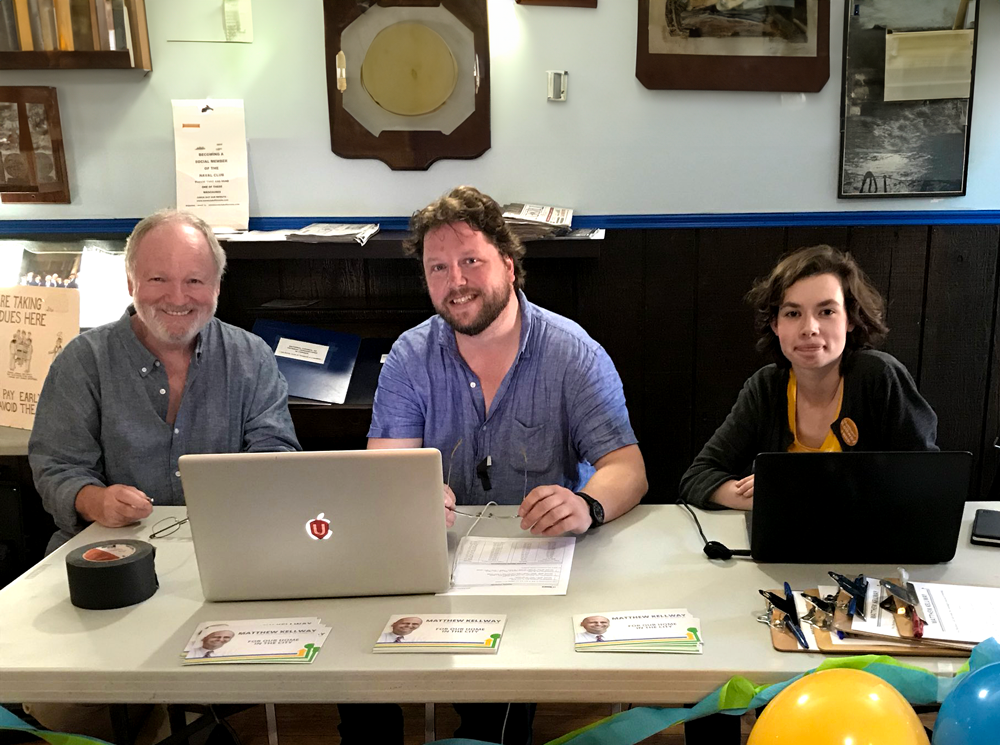This paper explores the economy, the health status, and particularly the issue of food sovereignty of Garden Hill First Nation (GHFN), a remote community located 610 kilometers northeast of Winnipeg, Manitoba. Similar to many northern communities, in GHFN the history of colonialism, assimilation and the legacy of residential schools have shaped the egregious conditions of poverty that many on-reserve residents struggle with every day. GHFN’s formal economy is under-developed and among many other poverty-related issues the residents are confronted with high rates of unemployment, a housing crisis and high food prices. Moreover, the loss of culture and often ties with family have made it extremely difficult for the new generation to preserve traditional livelihoods that focus on hunting, fishing and gathering, this way undermining the community’s autonomy in providing food to its residents.
In this situation innovative interventions that will guide GHFN towards self-sufficiency and that will positively transform the economy and health of the community are called for. The new Social Enterprise (SE) called Meechim Inc. in GHFN embraces the concept of Community Economic Development (CED ) and seeks to localize the food production to meet the community’s needs by way of starting a local farm and engaging community resources.












